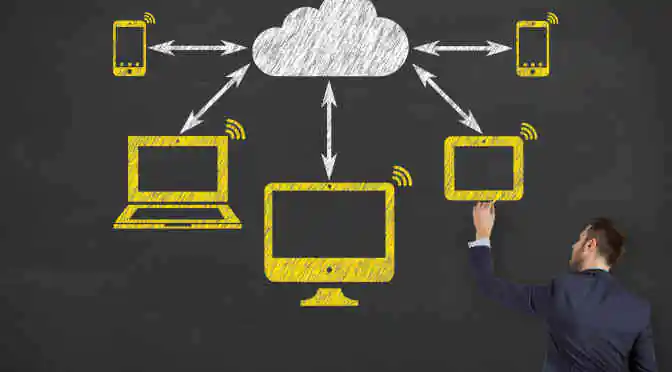After big data if anything has disrupted the healthcare sector in a huge way, then it is cloud computing. Increased focus on bringing down the healthcare expenses, without compromising on the quality of healthcare services, is the chief reason the medical fraternity has opened to healthcare cloud. Growth in the amount of patient data, backed with the flexibility of cloud hosting, and success in using it for data analytics, EHRs, and imaging systems, are some of the major factors behind the growing adoption of healthcare cloud solutions.
With market researchers predicting a double-digit growth of the global healthcare cloud computing market in the next five years, it is interesting to know that healthcare cloud is all set to not only disrupt, but also transform the healthcare sector in a positive manner.
Enhanced use of big data for patient treatment
Big data enables medical practitioners to reach accurate assessment of ailments and deliver focused services and speeds up the entire recovery process. At the same time, the volume of information generated by big data is so huge, that it becomes very difficult for manage the information overload and reach useful conclusions. Cloud computing on its part facilitates better management of this data, so that it gets easier to compartmentalize and decipher the inputs. The result – delivery of highly tailored healthcare services and less chances of error with treatment.
Step closer to remote patient healthcare
The healthcare sector is increasingly shifting towards being more patient-centric, and remote patient healthcare is one vertical which has experienced a lot of traction. Healthcare cloud solutions have made the entire process of meeting the doctor, getting the ailment diagnosed, and following up with the doctor a lot simpler, and time and cost saving process. Devices like mobile phones, which are cloud enabled, have made it a lot easier for patients to receive the best possible medical advice from the comfort of their own home.
The fact that cloud services make remote patient healthcare easier becomes more important in times of disasters and calamities. By providing quicker services, and getting regular updates from patients, this technology helps in saving many more lives when compared to the traditional healthcare system.
Low storage costs and improved collaboration
With cloud, it has become easier even for small hospitals to access information and store them without being concerned about the expenses. As there is no pressure to cut down costs on other important aspects of the healthcare system, these hospitals too can deliver the best services and bring many patients on the right path of recovery.
Also as information is readily available on the cloud, it becomes a lot easier for doctors to access patient information and share it with their team to get enhanced inputs from other experts.
Cloud computing has surely opened the doors of technology-enabled medical solutions in the rather traditional healthcare sector. At the same time, the initial cost of setting up the system, along with security issues are the two major areas which need attention from the stakeholders in the healthcare sector.



